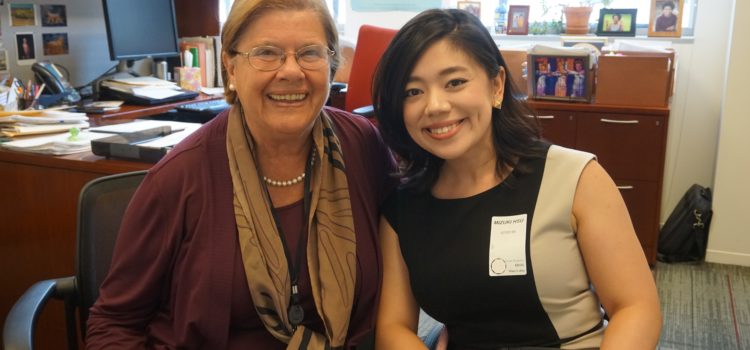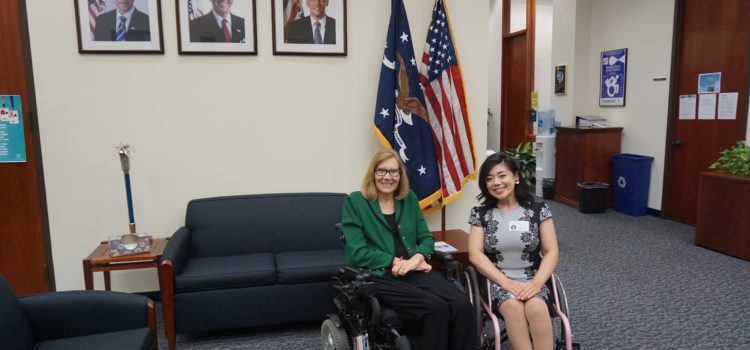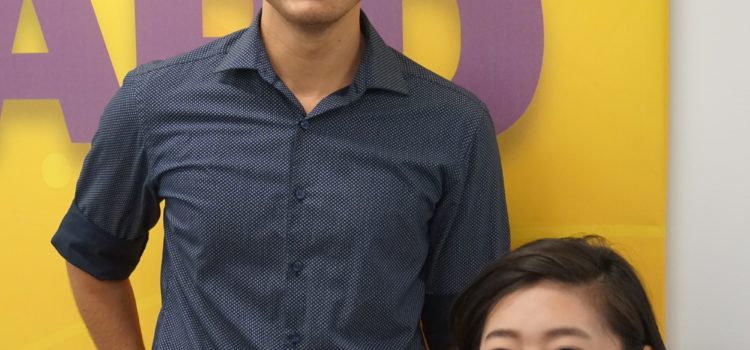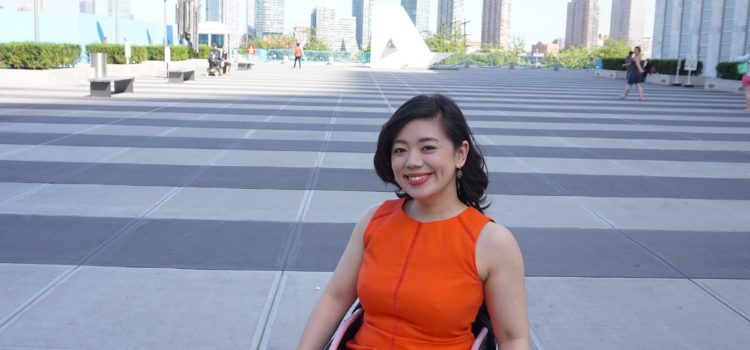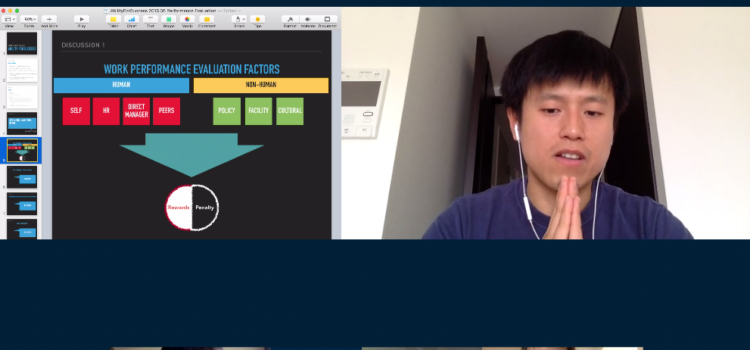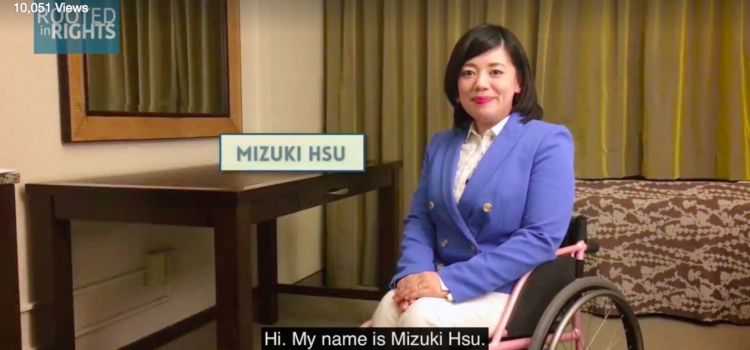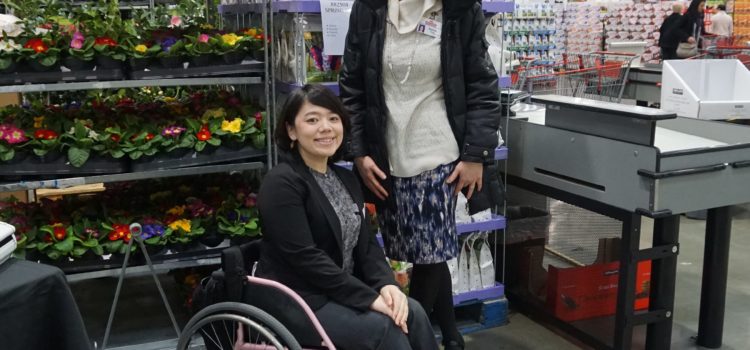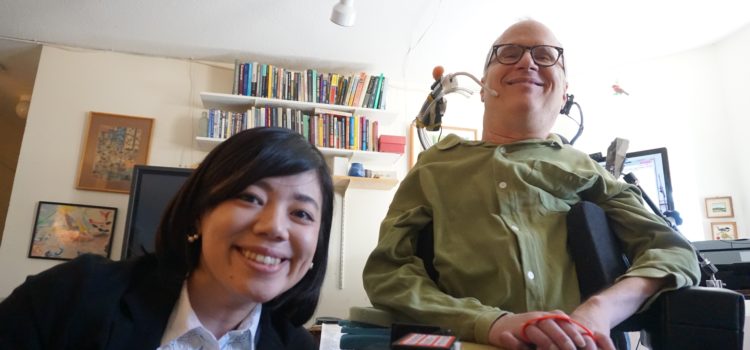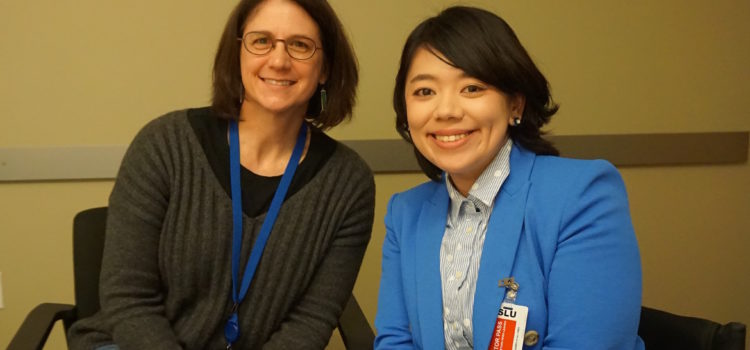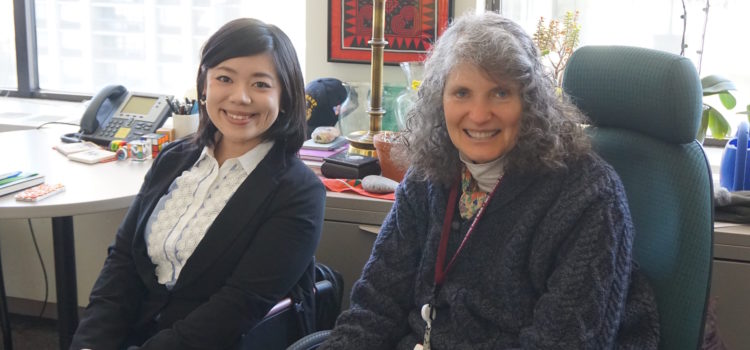The U.S. Equal Employment Opportunity Commission (EEOC) has 53 offices across the country, and is responsible for enforcing federal laws that make it illegal to discriminate against a job applicant or an employee because of the person’s race, color, religion, sex, national origin, age (40 or older), disability or genetic information. When you experience discrimination by an employer, you can contact the nearest EEOC office and file a charge (complaint) so that EEOC can investigate the discrimination and, in some cases, sue the employer if the issue cannot be resolved. EEOC Headquarters is located in Washington DC, and it was an honor to meet Peggy Mastroianni, Legal Counsel.
Utilize Abilities of People with Disabilities, Instead of Putting Them in A Safe Zone ~EEOC~
